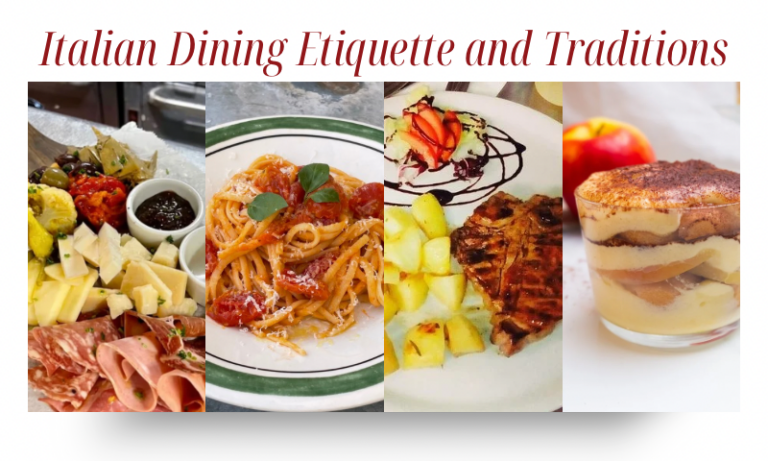Temporarily Rethinking the Handshake with Coronavirus

With news about the coronavirus dominating the headlines, many people are re-thinking the standard handshake or other person-to-person contact used in standard greetings.
First, the facts, according to the CDC: for most Americans who are not likely to be exposed to the coronavirus, the immediate health risk is low. Even people in communities where coronavirus has surfaced are at relatively low risk of exposure.
It’s an evolving situation and it’s too soon to tell how it will play out. Still, many people are cautious (and feeling anxious) as more cases are identified. Some major corporations have changed how they’re currently doing business in light of the outbreak. Google and Facebook have canceled major international conferences. Amazon, Apple and other companies are restricting travel among employees. Other companies are replacing in-person meetings with videoconferencing and encouraging employees to work from home.
Both professionally and socially, concerns are being raised about the best way to greet people during this uncomfortable time.
If headlines have you re-thinking the standard handshake, you’re not alone. Even German Chancellor Angela Merkel was rebuffed when she extended her hand to a colleague and he rejected it. To her credit, she good-naturedly shrugged and moved on gracefully.
Regardless of headlines and fears, greeting people properly and showing respect is still important. There’s a reason why handshakes are the favored greeting in both business and social worlds. This simple gesture confers interest, acknowledgment and respect to the person you extend your hand to while conveying a sense of professionalism, integrity and confidence in yourself.
With that said, it’s vital to be flexible to take people’s concerns (or your own) into account. Whether or not you are putting physical contact on hold for the time being, these etiquette tips will help you navigate professional encounters in a sensitive time.
Show Understanding
You may still feel comfortable with human interaction and continue with your handshake. But, if someone says “I’m erring on the side of caution right now” and gives you an elbow bump, don’t get offended. Follow Chancellor Merkel’s lead and show understanding if the person you extend your hand to does not respond in kind.
Use Your Judgement
With close relationships, you can probably get away with declining a handshake and simply shrug it off together. But if the chairman of the board reaches out, it will be tougher to decline and will probably send the wrong message. If you are hesitant to shake hands but feel you must, remember medical experts are continuing to say the risk is lower when you use good hand washing hygiene. At your first opportunity, sanitize your hands.
Avoid Gracefully
If you are avoiding handshakes right now, there are a few ways to elude close contact while still exuding respect skillfully. You can pre-empt the handshake by clutching your briefcase with both hands or clasping your hands together. Smiling warmly, nodding or even a slight bow. You can silently communicate with your associates that while you are pleased to see them, you will not be reaching out to touch anyone. Or you can employ the “it’s not you, it’s me” strategy of declining the handshake. Explain you are implementing a germ-free greeting for the time being. Refrain from disclosing you don’t want to shake hands because you are afraid of germs. It may imply the person who wishes to shake your hand is contaminated.
Offer An Alternative
Depending upon who you’re greeting and the relationship you share, consider offering a substitute greeting. An elbow bump, or slight bow while grasping your own hands as if in prayer are a few options. This works better with people you are familiar with – and probably not people who are your senior unless they have a good sense of humor. Use this opportunity as a fun bonding experience and even a relief to everyone involved.
The best way to stay healthy is to wash your hands and practice common sense. Don’t take any chances and if you are sick, stay home and away from other people.
You may also like Flu Etiquette for a Flu-Free Season. For more of Diane’s etiquette tips, read her posts on Inc., subscribe to her articles on Huff Post, “like” The Protocol School of Texas on Facebook, and follow her on Pinterest, Instagram, and Twitter. Buy her new book, Modern Etiquette for a Better Life.







